It's been almost a month since Final Fantasy VII Rebirth, considered the greatest love letter that the legacy of the series and the original FFVII could receive, came out. Since then, the community has revolved around debates on social media about some of the game's most controversial moments
and even direct comparisons with the previous title, Final Fantasy XVI.
Comparisons are a natural cycle when games from the same series are released for the same console. Final Fantasy XV was widely compared to Final Fantasy VII Remake, and FFVII Remake is also compared to FFVII Rebirth and FFXV- it is part of common debates in communities, especially for a series with over 35 years of existence.
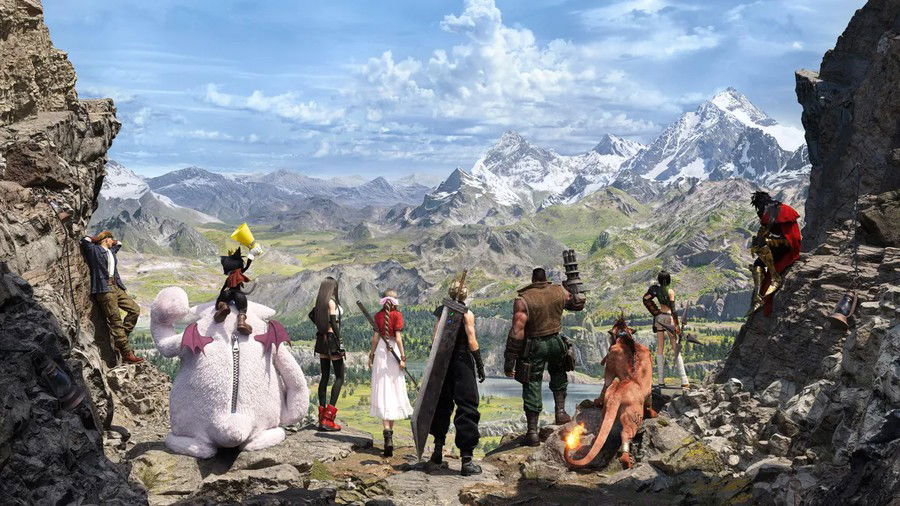
The experience with FFVII Rebirth is one of connections, as if we had just met old friends after four long years and lived a new adventure with them as we explored the world, dealt with its dilemmas and had fun with the lightness of this journey. It's about the characters, with a gigantic world in the background - we finish this story wanting to spend more time with them.
In recent weeks, it has become a common trend to use elements from Rebirth to point out inherent flaws or opine on how FFXVI should have done some things, like minigames or even the need to not take everything so seriously - there is misunderstanding of the way both games were conceived, and as theirs are very different visions and conceived by separate teams, or a natural distaste for some inherent mechanics in one of the titles of which the other adapted in a more pleasant way to the interlocutor.
The use of one of the titles in comparison to the other can resonate beyond using one to criticize the other: every detail of FFVII Rebirth gives us the opportunity to admire a little more the work that CBU3 did with Final Fantasy XVI and vice versa, as each title of the series has always presented itself as a way to experiment with new mechanics, themes and narratives - and the points where FFXVI focused to the detriment of others, so acclaimed in Rebirth, were masterfully hit.
Development, Vision and Concessions
The purpose of this article is not to draw comparisons between FFVII Rebirth and FFXVI, social media already makes enough noise about the topic with anecdotal evidence and rhetoric, and a quality content focused on this topic requires a more technical and very detailed analysis of aspects which, in the end, would end up entering the individual perception of the author and the metrics used by them to define what makes one game better over another.
But there is one point worthy of attention when we talk about any game, old or new: its vision.
A perfect game will never exist. While some may be globally acclaimed, it is impossible for a title to embrace everything expected of it and please all fans, so one of the first points to consider when planning a new title is what your team seeks to provide with the means necessary to achieve this vision and, ideally, what concessions will be made in development.
FFXVI and FFVII Rebirth have very different visions and their compromises are equally different. The most evident among them is the narrative and method of exploring the world and plot: Rebirth is an open world game focusing on the journey around the world and deepening the relationship between its characters while progressing and expanding the story of the original work, from where it draws its inspiration and atmosphere.
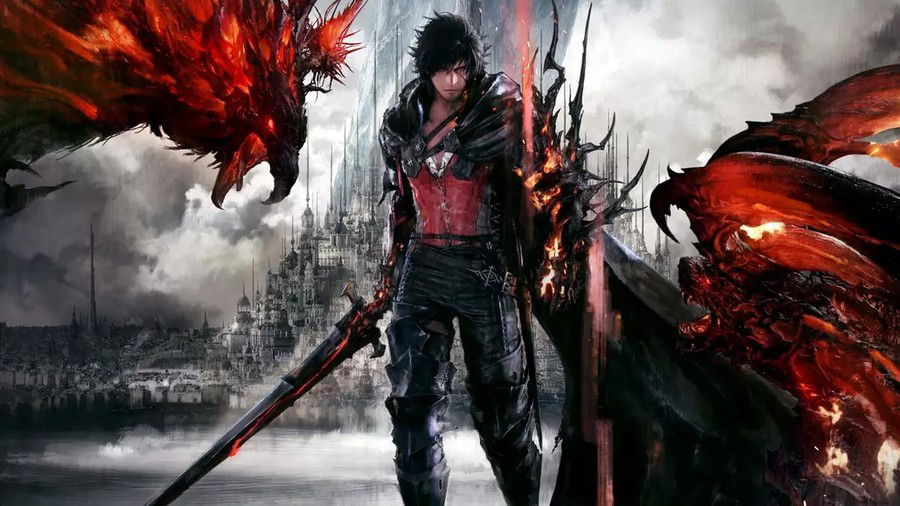
FFXVI, on the other hand, is a game whose narrative and exploration is integrated into the history and development of its world, strongly connected to the role of its protagonist in the events of the plot, a classic “hero's journey”, and every detail of the game is thought out to reinforce this proposal and enhance the interlocutor’s relationship with Clive Rosfield.
With different narrative and exploration focuses, their concessions also differ and are, basically, what makes each game unique and engaging in its own way - Whether in the maps, in resource management, in how it presents its characters, its side quests and even in its pacing, being a common trait in the franchise and existing since the first titles and repeated game after game.
“No Final Fantasy game is equal” is one of the few phrases that the community agrees on almost unanimously, and while social media extracts the worst side of the debates from us. It's important to remember that games are about how different people will enjoy different titles in different ways. Nothing is done exclusively designed for a single audience, and even if it is done If so, this audience would find something to dislike.Final Fantasy XVI has one of the best visions I've seen in modern games today, worthy of highlighting the main points of its execution and its legacy - one of the main themes of its narrative - for the series.
Clive is a great protagonist
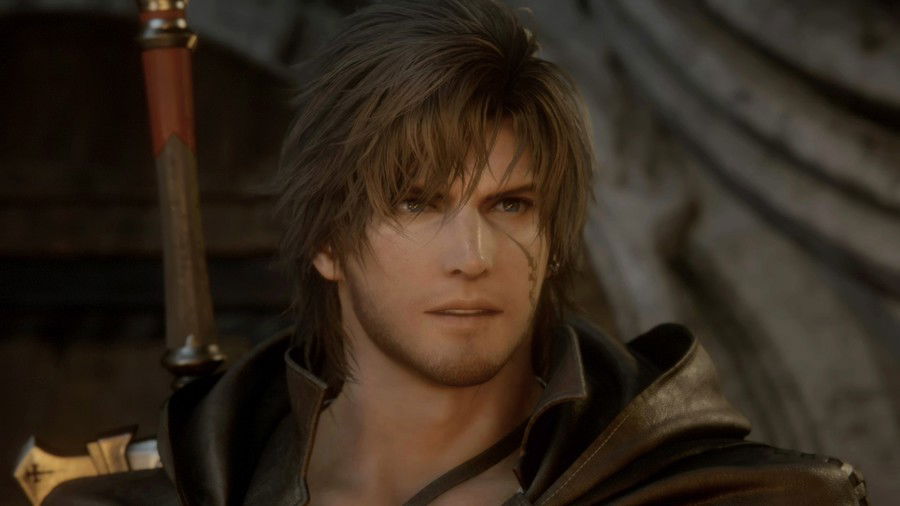
Clive Rosfield is one of, if not the best protagonist Final Fantasy has ever had, and the decision to make all the game's events work around the hero's actions and destiny places the interlocutor in a crucial role in the narrative.
On his journey, we see him suffer an irreparable trauma and, little by little, heal from it, but deal with other problems such as his tendency to self-sacrifice and the habit of, literally, trying to solve the world's problems alone. At the same time, we see him mature from a nameless, purposeless person to the leading voice of the most important ideal in Valisthea's history: the right of everyone - humans and Bearers - to live on their own terms.
The intentions of a man driven by the desire for revenge pave the way for the maturation of a person with a good, gentle heart, seeking to bring hope to those who, like him, had none - someone determined to use his powers to impose on the world a necessary change, even if, like Cid, he is named an Outlaw.
His writing and presentation were an excellent breath of maturity in Final Fantasy storytelling. In a world filled with suffering - which also affects him - Clive's experiences and conflicts also bring hope and leave players engaged in his adventure through Valisthea while making him an exemplary leader.
The Advantages of Story-Focused Game
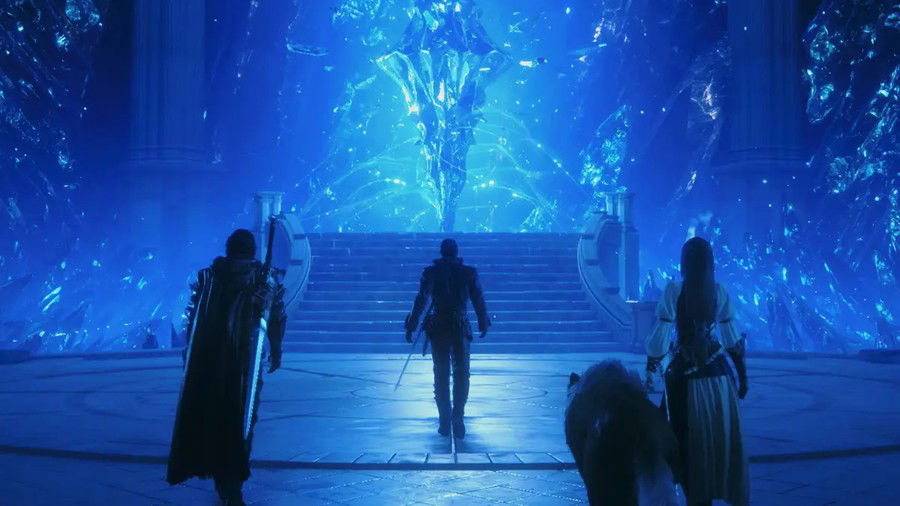
Final Fantasy XVI is as focused on its story as other well-known titles in the series, with an execution close to what we see in FFVII Remake, Final Fantasy X or Final Fantasy Tactics, with a semi-linear narrative, with options for side quests and other activities as we progress through the main story. In essence, it's guiding us through dungeons with more linear events - a distinct proposition from the open worlds current generations are used to.
At a time when players feel “burnout” from open worlds because most of them seem the same and/or even empty, with a lack of relevant details (after all, games like Red Dead Redemption 2, The Witcher 3 or Ghost of Tsushima are exceptions), understanding your narrative's limitations and the sense of urgency necessary in them is a blessing.
FFXVI was clearly inspired by some concepts from God of War 4 in this sense and also in others, such as the use of cinematics and quick time events. Knowing the limitations of your product and its narrative and conceiving them as an integrated part of your vision requires mastery in understanding its challenges and how to use these same limitations to place more emphasis on the points where your product can stand out - in this case, story, combat and visuals.
Thus, the player becomes even more connected to the events, and it is up to the developers to handle intense situations well with relaxing breaks for the public to digest the events which have occurred and prepare for the next ones, creating a constant rhythm of which, at least in the relevant majority of the game, was well executed.
Furthermore, its plot is extremely personal: the journey in search of revenge culminates in self-discovery and, subsequently, the determination to change what is wrong with the world.
Valisthea is also about our society
Valisthea is a broken, corrupted land, and its people border on the absurd in terms of slavery and social inequality.
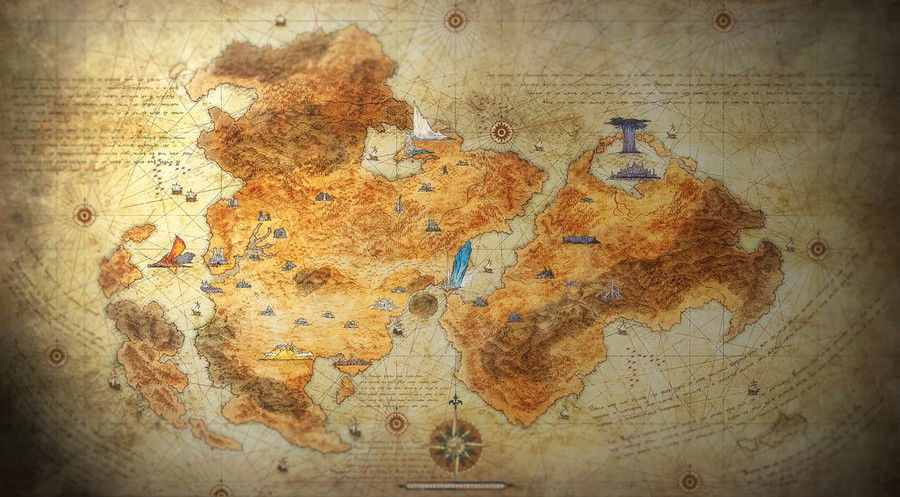
But there is something absurdly familiar about that structure. Something to bothers us, makes us think about our world and how relationships between those in power and those who are subjugated work in a society which is, in theory, much more progressed and advanced than what is presented in the game.
The absurdist use of slavery is part of Final Fantasy XVI's essence in approaching a plot about marginalized groups oppressed by laws, kingdoms and even the people, used as commodities, treated as lesser beings. The game demonstrates the different sufferings experienced by them in a mixture of the many prejudices and inequalities that exist in the history of our own society, whose struggles continue in the current century.
The first similarity is the most direct: Bearers are people born with the gift of using magic and, therefore, are enslaved and considered inferior by the predominant race, just as colonizers did with countless colonized peoples throughout history and gave rise to the structural racism present in our society.
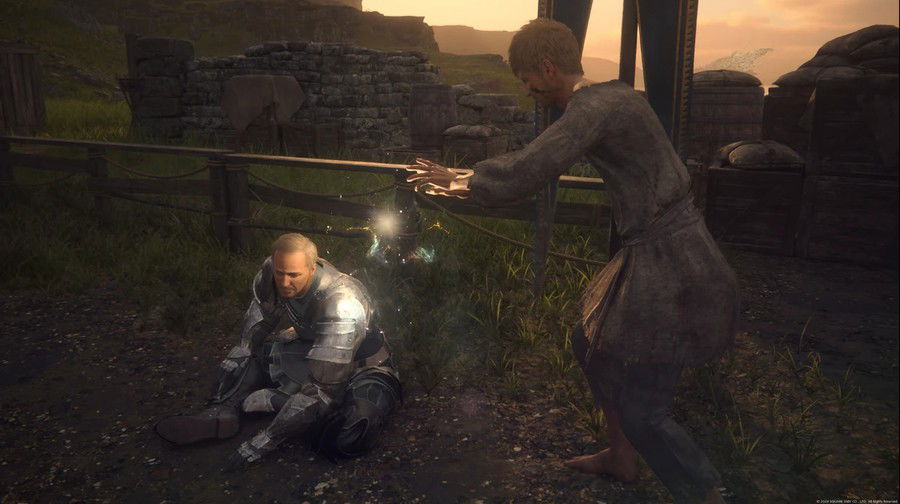
In the game, there is no way to define whether an individual knows how to use magic at the time of their birth, it is an aspect revealed as time passes and that person develops their skills and, as demonstrated in one of the game's side missions, a Bearer can spend decades without revealing their powers - but the moment they do or are discovered, only slavery, torture or death awaits them - a pointed metaphor about the persecution against minority groups and how, for some, the only difference between them and the dominant people is a "knack", invisible to the eye, but which has been the cause of prejudice and hatred for centuries and continues to be so.
Finally, the relationship between the enslaved and the enslavers is another crucial point in the narrative: Bearers are used until they become unable to produce, that is, until their bodies are so petrified to the point that they can no longer use magic, being left to die while they barely had a life worth living. Many of them, for example, have not even had the opportunity to drink a glass of wine or eat fresh bread in their lives, two very mundane and common objects in Valisthea.
How many times in history, in newspapers, networks or even in our personal experience have we witnessed situations where people gave their bodies and labor in exchange for not being able to obtain even the minimum of dignity? And how many times do we, from our privileged space of having a PlayStation 5 and the opportunity to play FFXVI, stop to think about this?
In many ways, that bloody and depressing continent, where treating Bearers as nothing more than property of their masters is a common and accepted act by its people, makes us look at our society and our history to realize that the parallels are there, alive, often present in our daily lives in a different guise.
The masters may be different, the power relations may have a more beautiful frame, the prejudice may even seem more superficial, but every detail of the politics that Clive opposes has, in some way, a parallel in our reality - and in an era where social causes and labor rights are constantly in evidence, bringing these reflections into a work of fiction without rubbing them in the interlocutor's face requires impeccable mastery of writing and narrative.
Of course, Final Fantasy XVI is still a magical world whose plot revolves around a hero who rebels against pre-established politics and tries to do something about them with his special power and the help of his allies, whose solution revolves around “ripping out evil by the roots” by destroying the Mothercrystals, and its plot becomes more fantasy-oriented as we progress because, after all, it is a fantasy game.
But the parallels are there with a clear message about problems in our society, and even small actions like building a hideaway for Bearers and establishing a community around them, or valuing their right to choices about how they want to live beyond of obeying their masters until their last days - that they can be botanists, musicians, painters, doctors, warriors or anything else, also serves as a refuge to the interlocutor that not everything is shattered and lost - both in Valisthea and in our reality.
Despite the evils, Valisthea is a beautiful land
FFXVI, with its map separated by stages/regions, covering just one continent instead of an entire world, has a more detailed visual presentation in exchange for expansion and the sense of discovery in exploring each region on its own.
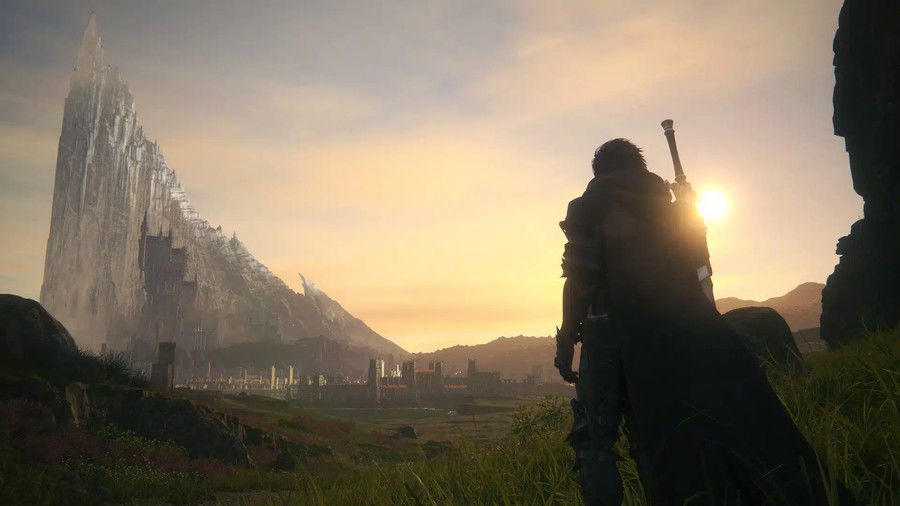
The “reward” or “exchange” in this case is the feeling of playing a PlayStation 5 title in theory and practice, with beautiful, vivid, well-lit scenarios, filled with excellent shadow planning and an exemplary artistic direction of a medieval world - surrounded by magic, dangers and challenges, it is still one of the most beautiful worlds that the new generation has ever provided.
There is also a certain fascination in seeing how this world is evolving. As the story progresses, the subjects and actions of NPCs change and even less relevant figures Clive helps in side quests can be seen carrying out different tasks after the resolution of their story, integrating the feeling that, little by little, measures are being taken by account of the hero's attitudes, some for the good in the case of communities more sympathetic to his cause, and others for much worse, like the Black Shields in Rosaria.
Despite the limited exploration and lack of activities less focused on “fetch quests” and combat, Valisthea seems like a beautiful tribute to the world of Final Fantasy, especially its most classic games.
It's not about the reward, it's about the narrative
FFXVI's side quests receive a lot of criticism and praise for their execution. After all, their rewards outside extra experience are irrelevant to material purposes: items that you get easily, money that, after a while, you have in abundance and a reputation system with some essential rewards for hunting monsters and helping NPCs.
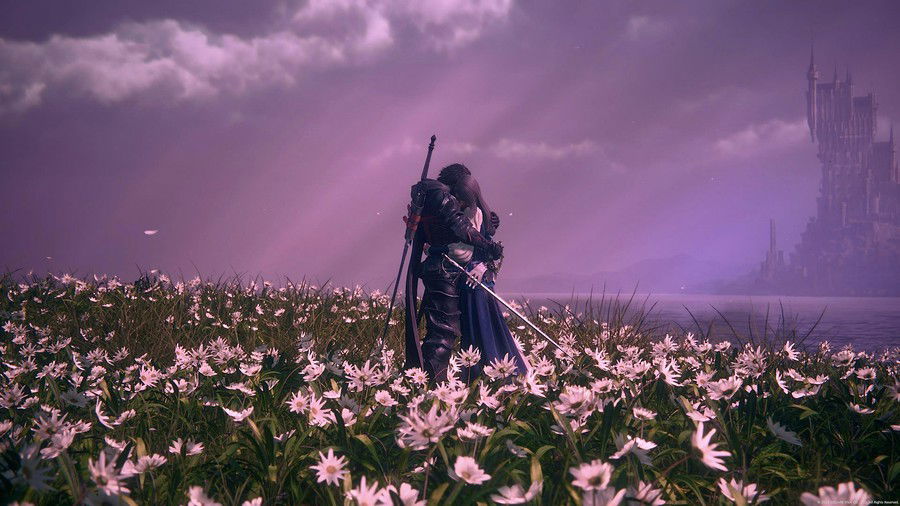
Each mission in this game has an aim, commonly associated with showing the player a new facet of Valisthea's social, political or cultural relations, or joining with others to create a larger, sometimes bitter or even moving story - defying conventional standards of games in pulling players into side quests for what they can offer but because they care about the characters and events in that world, just like Clive would do.
In the end, the stories told in the side quests are their true reward in FFXVI, and the game's story becomes more comprehensive, complete and sensitive if we dedicate our time to exploring its universe through them.
The combat remains engaging
Final Fantasy XVI's combat is its biggest highlight and also its biggest controversy. It gives up many elements known from RPGs and the series to bring real-time action focused on combinations between Clive's Eikonic powers, with sequencing between them and handling of their recharge times so as not to break the battle's rhythm.
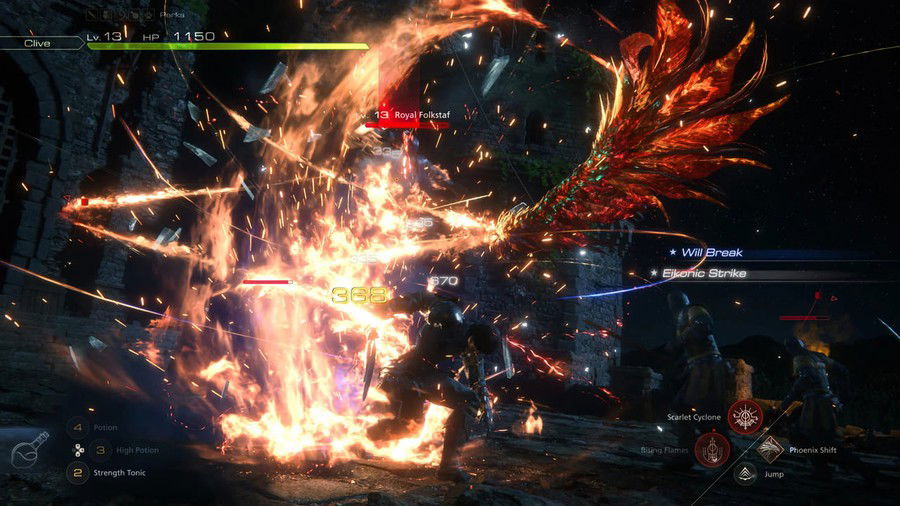
Its price became clear, and the main reason for criticism regarding it: the lack of comprehensive strategic planning that went beyond “deflect and attack”. The absence of an element system, for example, makes using fire spells against Bombs irrelevant and the supposed “bad reputation” of being closer to a game in the Devil May Cry series, whose combat in the last two games in the series were directed by Ryota Suzuki, also responsible for combat in FFXVI.
In practice, once we put these preconceptions aside and appreciate the combat for what it is, we have one of the most engaging, unique and fun systems in the series in recent times, while carrying on the historical heritage of other games but in its own way to execute them.
It's very rewarding to create new combinations of Eikons and/or get the timing of parries and abilities right, there's an incredible sense of discovery when we give the effects we unlock a chance and combine them with other options, and its creative vision of making each challenge palpable with any combination was well applied.
But it's not perfect by any means
FFVII Rebirth actually made me appreciate many of the details of FFXVI more, but it also highlights some of its main flaws that distance it from the RPG genre.
For example, its equipment system, until the publication of this article, remains with the logic of “making the numbers grow” - that is, there is no reason for the player to opt for a sword with less strength than one with higher numbers available in the inventory, and the same applies to armor.
This same problem is found in the deliberate choice to eliminate status systems and elemental affinities, both in favor of making combat more fluid and agile without impediments for players to execute their commands, leaving it too close to the action aspect and further away from the strategic factors.
It's impossible not to look at the diversity of builds with equipment, materias and armor in FFVII Rebirth/Remake, or even other older titles and feel that FFXVI gave up this aspect a little too much, and how every criticism at this point makes sense.
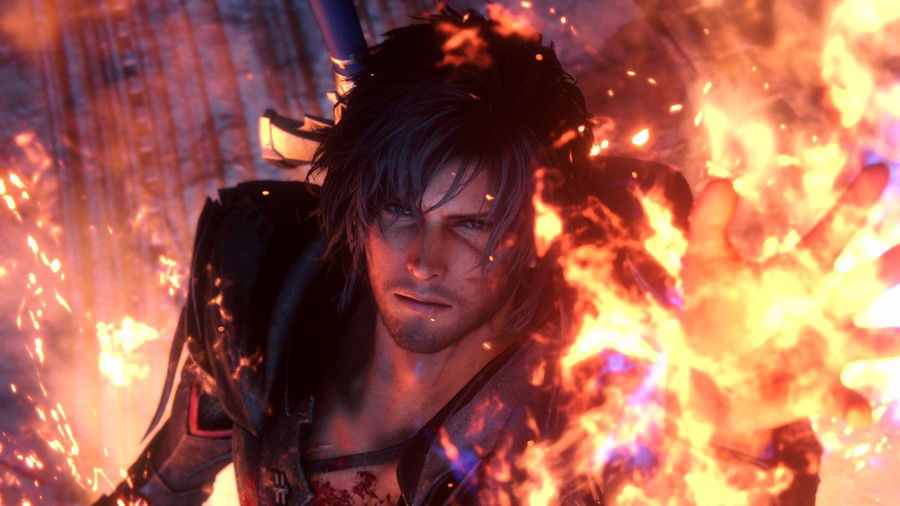
CBU 3 has the opportunity to adapt the equipment and perhaps even the benefits of using it with the next expansion scheduled for April 18th, The Rising Tide, but as it will take place before the last chapter, more than 90% of FFXVI will still take place with a more linear system, and not every player will be interested in repeating the story on the most difficult level, even though it is a common recommendation from developers and the community.
Conclusion
Nine months after its release, Final Fantasy XVI still has several inherent qualities of a different vision from FF7 Rebirth and other titles in the franchise, with benefits only found in titles whose focus on their story is the main highlight of the product.
It doesn't carry the same relaxation, freedom, or complementary activities of open-world games and wasn't even intended to, but anyone who gives it a chance will find one of the best plots and characters in the series, with engaging combat and visuals worthy of a current generation game - in addition, of course, to a clear message about freedom from a broken society corrupted by power relationships.
Thanks for reading!

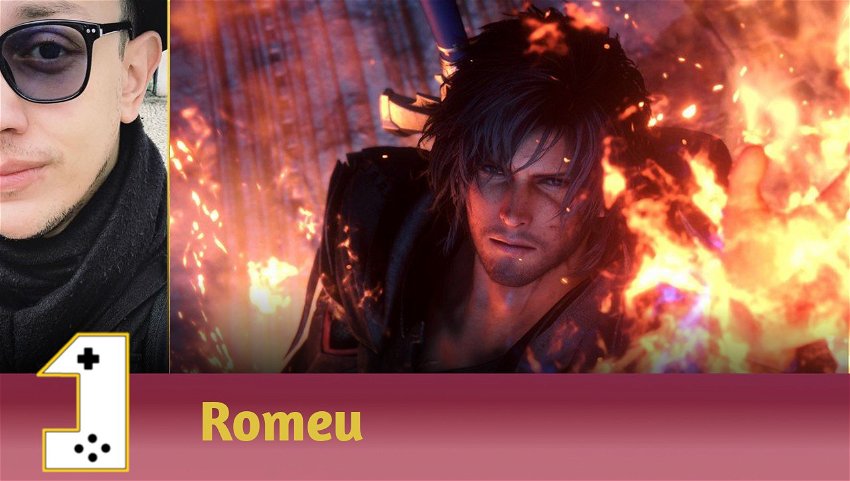





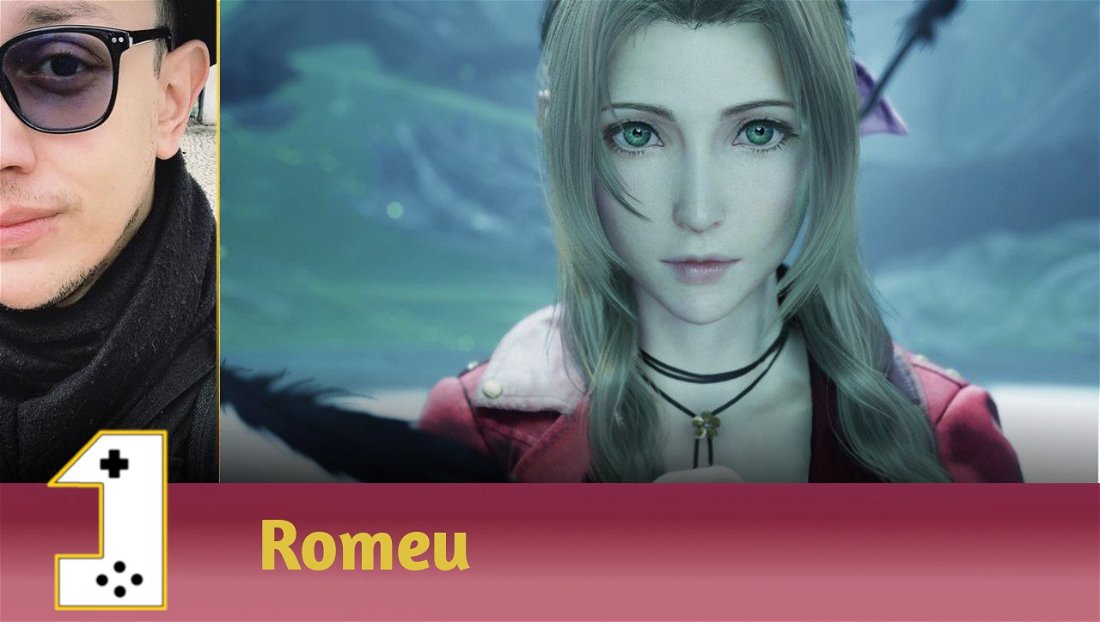




— Comentários 0
, Reações 1
Seja o primeiro a comentar